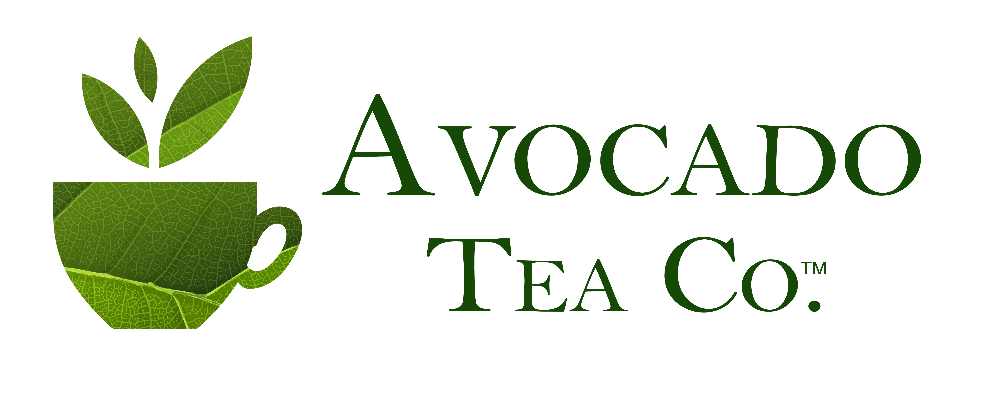What Are Microplastics and Why Are They Harmful?
Microplastics—tiny plastic particles found in our environment—have long been a concern for marine life and ecosystems. But new research reveals an even more alarming truth: these plastic particles are accumulating in the human brain. Scientists have found up to 10 times more microplastics in the brains of dementia patients compared to those without the condition, raising urgent questions about their impact on brain health.
Researchers estimate that the average person consumes between 78,000 and 211,000 microplastic particles per year through:
✅ Drinking water (especially bottled water)
✅ Consuming foods contaminated with microplastics
✅ Inhaling airborne plastic particles
These microplastics have been linked to heart disease, lung disease, and even cancer. But now, a study published in Nature Medicine has uncovered another shocking finding—the brain contains higher concentrations of microplastics than the liver, kidneys, and other organs.
Are Microplastics Linked to Dementia?
Scientists analyzed brain tissue samples from individuals diagnosed with dementia and discovered they had significantly higher levels of microplastics. While researchers haven't confirmed if microplastics cause dementia, they suspect plastic particles may disrupt brain function, contributing to neurological diseases.
A detailed report by Medical News Today highlights that polyethylene, a common plastic found in food packaging, was the most abundant microplastic found in brain tissue.
“The brain has limited clearance mechanisms, meaning microplastics may accumulate over time,” explains Marcus Garcia, PharmD, a toxicologist at the University of New Mexico. This raises serious concerns about long-term health risks.
How to Reduce Your Microplastic Exposure
While microplastics seem unavoidable, you can take steps to limit your exposure:
🚫 Avoid plastic-based tea bags and food packaging
Many tea bags contain plastic fibers that release microplastics into your cup when steeped in hot water. Instead, choose 100% biodegradable tea sachets—like those from Avocado Tea Co.. Our tea sachets are plastic-free, made from beetroot sugar fiber, and decompose naturally within 30 days.
💧 Drink filtered water instead of bottled water
Plastic bottles shed microplastics into the water, so switch to glass or stainless steel reusable bottles and use a high-quality water filter.
🍏 Choose whole, unprocessed foods
Ultra-processed foods have been found to contain microplastics. Stick to fresh, organic ingredients to minimize your exposure.
👕 Wear natural fiber clothing
Synthetic fabrics like polyester release microplastics into the air. Instead, opt for organic cotton, hemp, or wool.
🏡 Improve indoor air quality
Microplastics can accumulate in household dust. Regularly vacuum with a HEPA filter, use air purifiers, and ensure good ventilation in your home and workplace.
A Healthier Future Starts with Conscious Choices
The rise of microplastics in our environment—and our bodies—demands action. While research continues to uncover their long-term effects, choosing plastic-free products today can help protect your health and the planet.
At Avocado Tea Co., we believe wellness should be pure, natural, and free from harmful contaminants. That’s why we’ve made sure our tea sachets contain ZERO plastic—so you can enjoy every sip without worrying about microplastic contamination.
🌿 Ready to make the switch to a healthier tea experience? Browse our plastic-free, antioxidant-rich Avocado Leaf Teas today!
🔗 Read the full study on Nature Medicine
#PlasticFreeTea #Microplastics #DementiaAwareness #BrainHealth #EcoFriendlyLiving #AvocadoTeaCo #SustainableChoices #WellnessFromWithin







